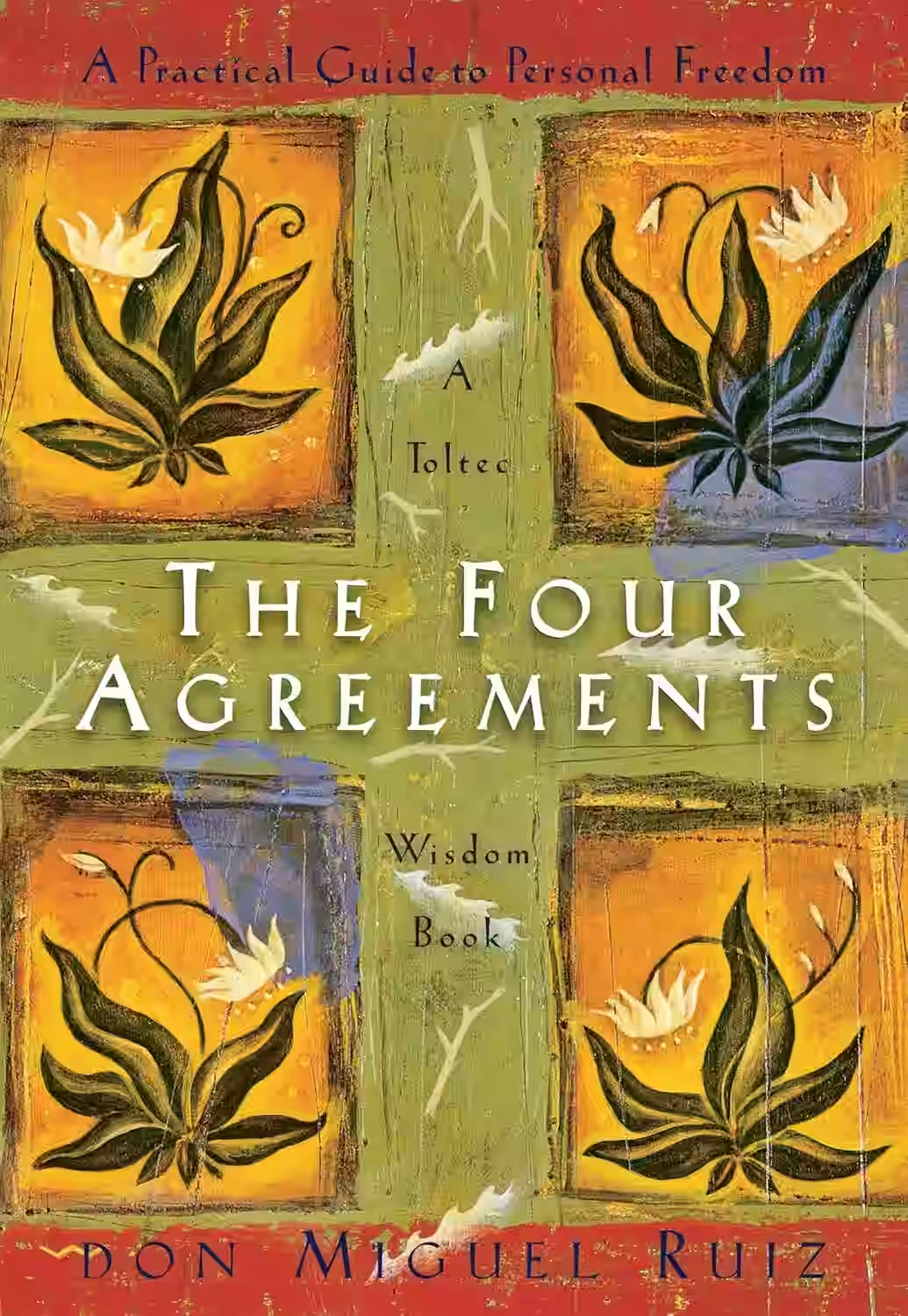
In The Four Agreements, Don Miguel Ruiz presents a code of conduct based on ancient Toltec wisdom, aiming to help individuals achieve personal freedom and happiness. The four agreements are: be impeccable with your word, don't take anything personally, don't make assumptions, and always do your best. Ruiz explains how these principles can transform one's life by breaking self-limiting beliefs and fostering a sense of peace and purpose. The book offers a practical guide to personal growth and spiritual enlightenment.
About Don Miguel Ruiz
Don Miguel Ruiz is a Mexican author and spiritual teacher known for integrating ancient Toltec wisdom into modern personal development. His bestselling book The Four Agreements outlines a code of conduct for achieving personal freedom and happiness through four key principles. With a background in medicine and shamanic tradition, Ruiz draws on spiritual heritage and practical insight to challenge limiting beliefs. His work, including sequels like The Mastery of Love, blends mysticism with psychological clarity, making complex spiritual ideas accessible. Ruiz has become a global voice in self-help and mindfulness, inspiring millions to transform their inner lives.
Similar Books
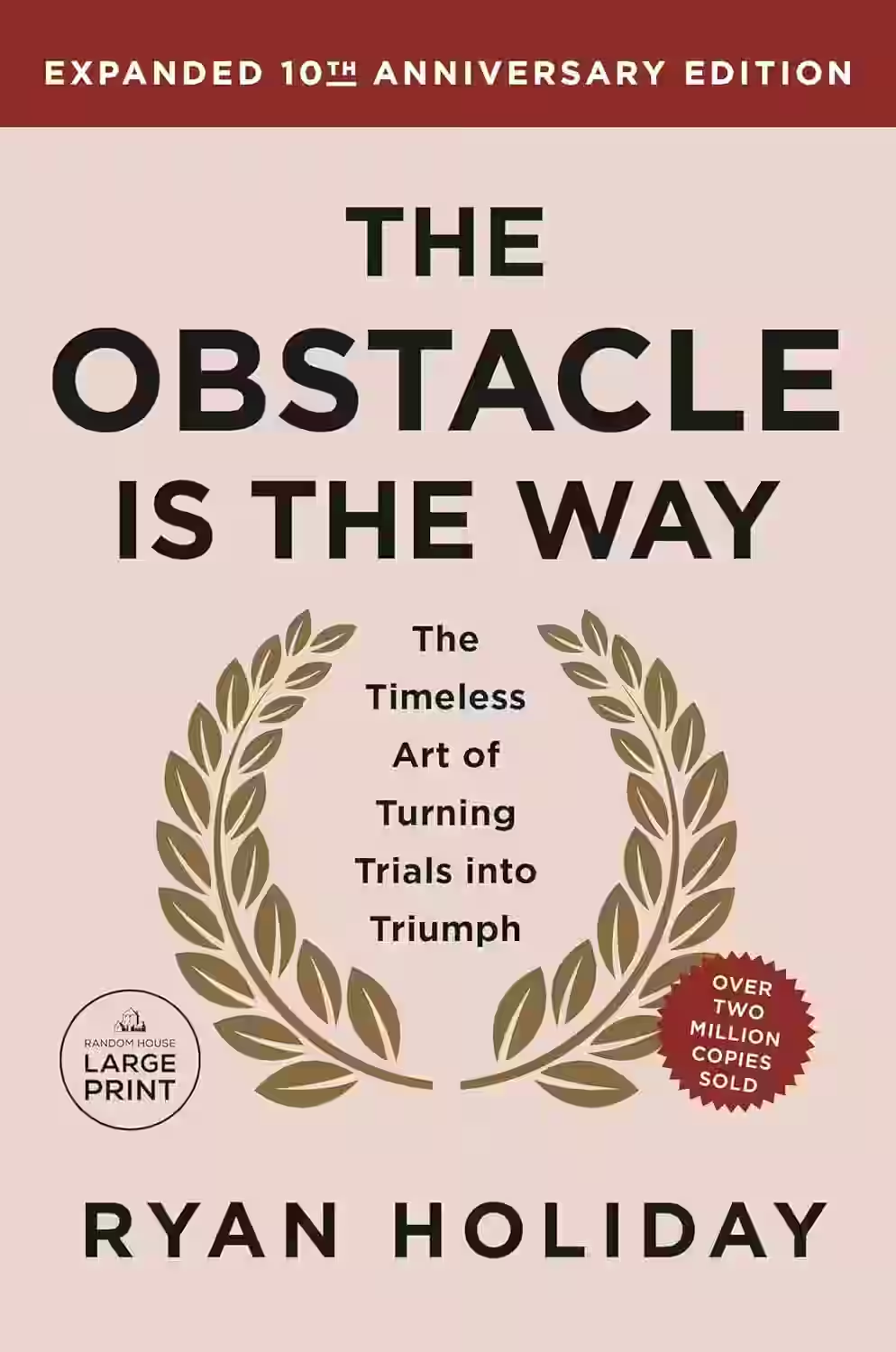
The Obstacle Is the Way
by Ryan Holiday
Based on the principles of Stoic philosophy, The Obstacle Is the Way teaches readers to transform adversity into advantage. Drawing from historical examples—from Marcus Aurelius to modern leaders—Holiday outlines a framework of perception, action, and will. His central idea: challenges are not obstacles to success, but the path itself. Through discipline, patience, and perspective, setbacks become fuel for growth. Written in a clear, concise style, the book is both motivational and practical. It has gained a wide following among athletes, entrepreneurs, and creatives seeking mental resilience and focus in the face of hardship.
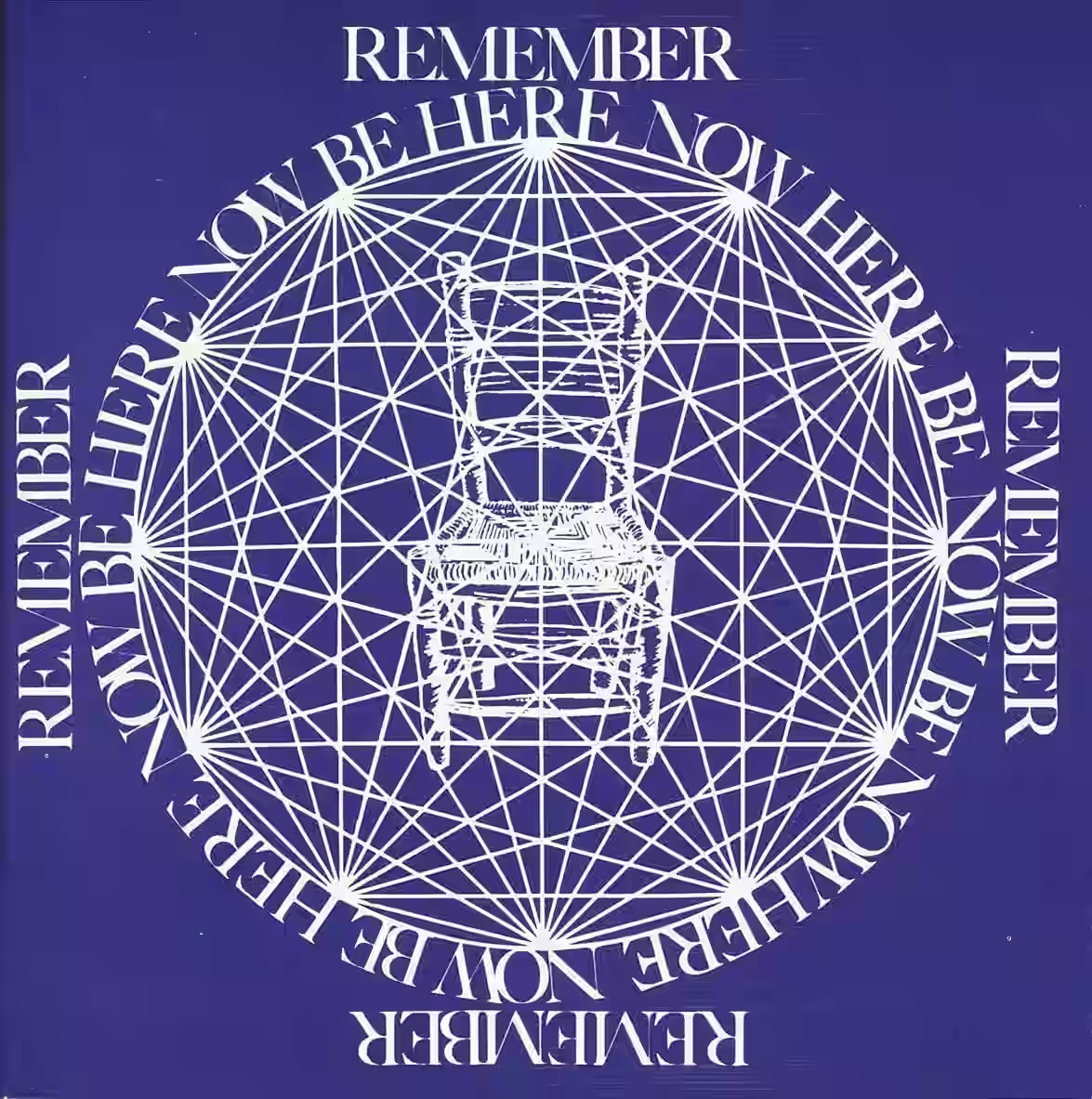
Be Here Now
by Ram Dass
Part memoir, part spiritual guide, Be Here Now traces Harvard psychologist Richard Alpert’s transformation into Ram Dass after a life-altering trip to India. Blending Eastern philosophy, psychedelic exploration, and yoga teachings, the book offers a path to mindfulness and enlightenment. Its iconic illustrations and free-form structure embody its message of living in the present moment. Ram Dass emphasizes love, surrender, and the inner journey, encouraging readers to release ego and awaken to higher consciousness. A seminal work in 1970s counterculture, it remains a deeply influential text for spiritual seekers, mindfulness practitioners, and open-hearted wanderers alike.
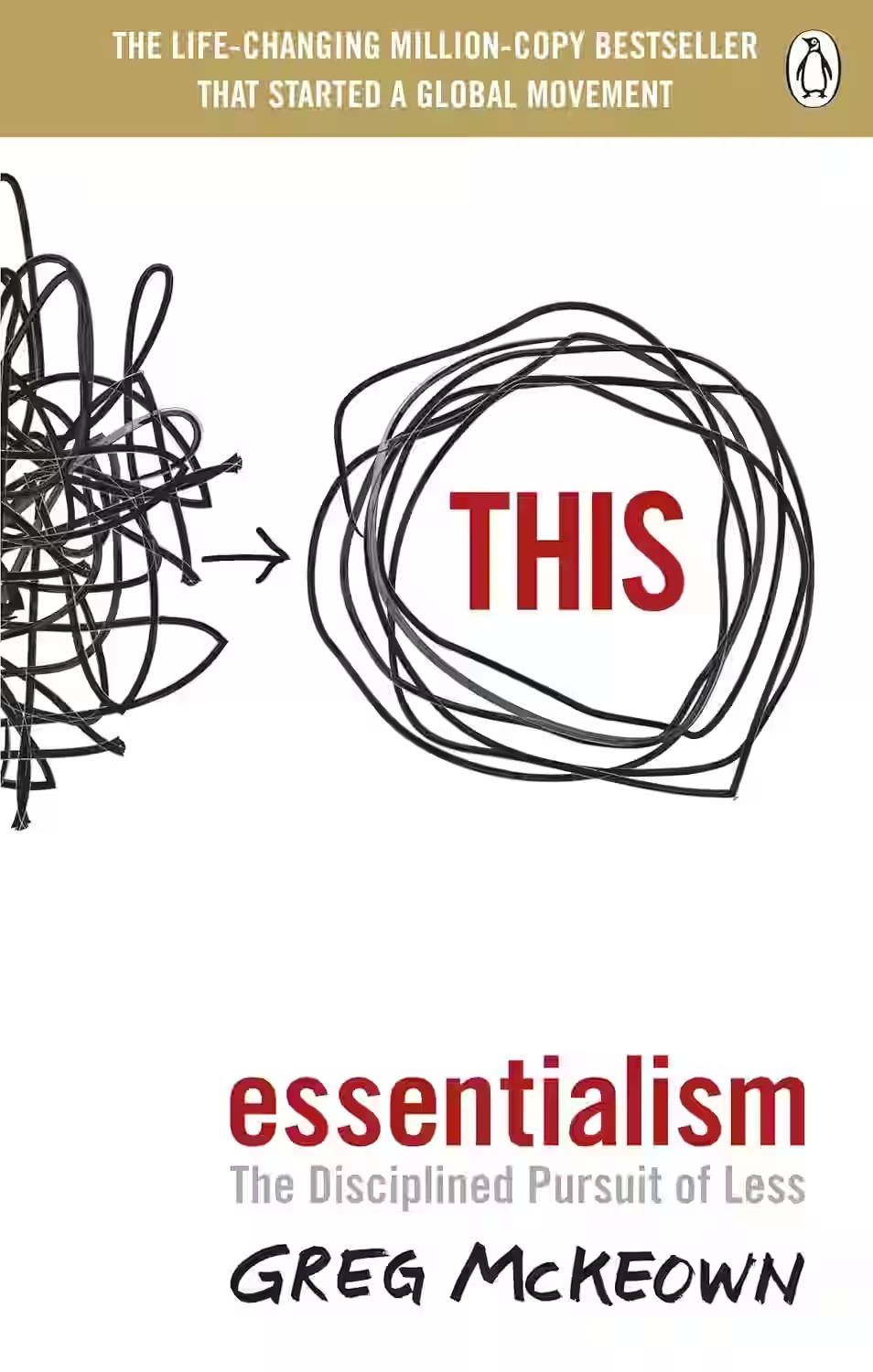
Essentialism: The Disciplined Pursuit of Less
by Greg McKeown
Essentialism is a manifesto for simplicity in an increasingly busy world. Greg McKeown advocates for doing less, but better—focusing only on what is truly important. He challenges the idea that we must do everything and instead teaches readers how to identify their highest priorities, eliminate non-essential tasks, and reclaim control of their time and energy. With practical tips and clear frameworks, the book empowers readers to make deliberate choices, say no more often, and live with intention. Essentialism is about creating space for what really matters—professionally and personally—by embracing the power of focus and clarity.
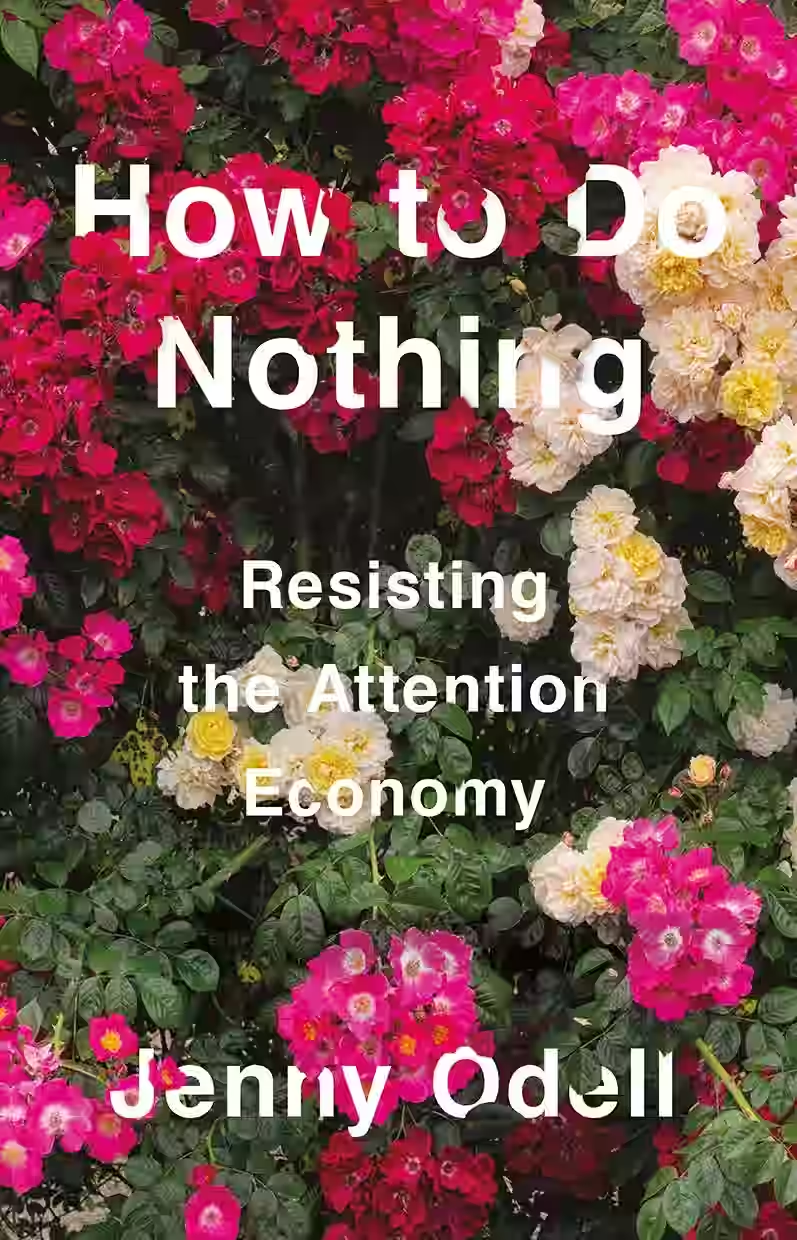
How to Do Nothing
by Jenny Odell
In How to Do Nothing, artist and writer Jenny Odell critiques the modern attention economy and its constant demands for productivity and engagement. Instead of advocating literal inactivity, Odell calls for a conscious redirection of attention toward meaningful experiences—like community, nature, and contemplation. Drawing from art, philosophy, ecology, and social theory, she argues that stepping away from digital noise is a political and creative act. The book is both a cultural critique and a philosophical meditation, offering a radical rethinking of how we spend our time and what we value in an age of distraction.